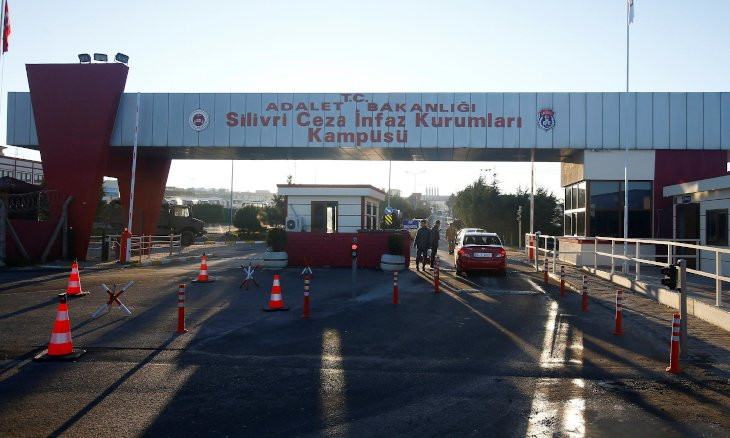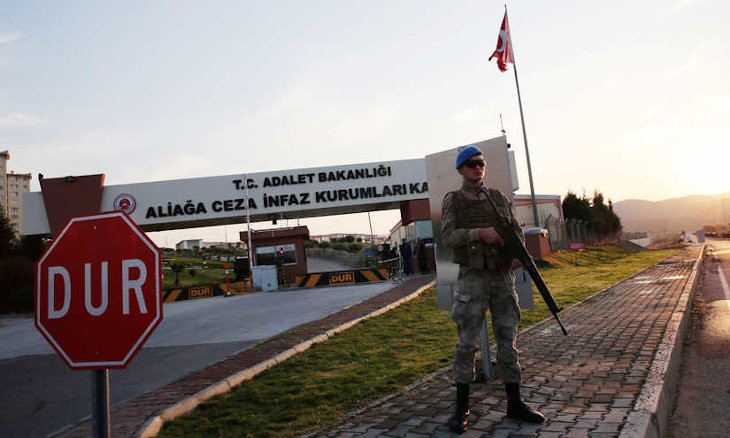Domestic violence complaints spiked in Turkey within 20 days of mass prisoner release
The number of domestic violence complaints have spiked within the 20 days following a bill that allowed the release of some 90,000 arrestees and convicts from prisons as part of the measures adopted against the coronavirus (COVID-19) pandemic. The highest number of complaints, which were filed between April 15 and May 5, came from the provinces of Istanbul, İzmir, Ankara, Antalya and Antep.
Duvar English
 Ahmet Altan 'awaits coronavirus in jail' as Turkish authorities keep political prisoners behind bars
Ahmet Altan 'awaits coronavirus in jail' as Turkish authorities keep political prisoners behind barsThe number of domestic violence complaints have spiked within the 20 days following a bill that allowed the release of some 90,000 arrestees and convicts from prisons as part of the measures adopted against the coronavirus (COVID-19) pandemic.
A total of 2,506 complaints were filed to the Ministry of Family, Labor and Social Services within 20 days, prompting main opposition Republican People's Party (CHP) deputy Gülizar Biçer Karaca to submit a parliamentary question on the issue.
Turkey's parliament on April 14 passed a law that allowed the release of tens of thousands of prisoners to ease overcrowding in jails and protect inmates from the coronavirus, but which critics slam for excluding those jailed on terrorism charges.
However grave it may seem, "terror" has taken on a broad meaning in Turkey, essentially used as a way to criminalize any opponent of the government, mainly journalists and politicians.
 CHP to apply to Turkey's top court to annul 'unconstitutional' articles of prisoner release law
CHP to apply to Turkey's top court to annul 'unconstitutional' articles of prisoner release lawThe highest number of complaints, which were filed between April 15 and May 5, came from the provinces of Istanbul, İzmir, Ankara, Antalya and Antep, according to the ministry's figures.
The ministry declined to respond to Karaca's questions, which included whether or not a memorandum published at the beginning of the year aimed at preventing violence against women has been effective, and the number of victims of domestic violence who have been admitted into shelters.
“The ministry is either not keeping track of the figures or having difficulty admitting that it is not taking precautions,” said Karaca, adding that the ministry needed to establish a special hotline for domestic violence victims.
